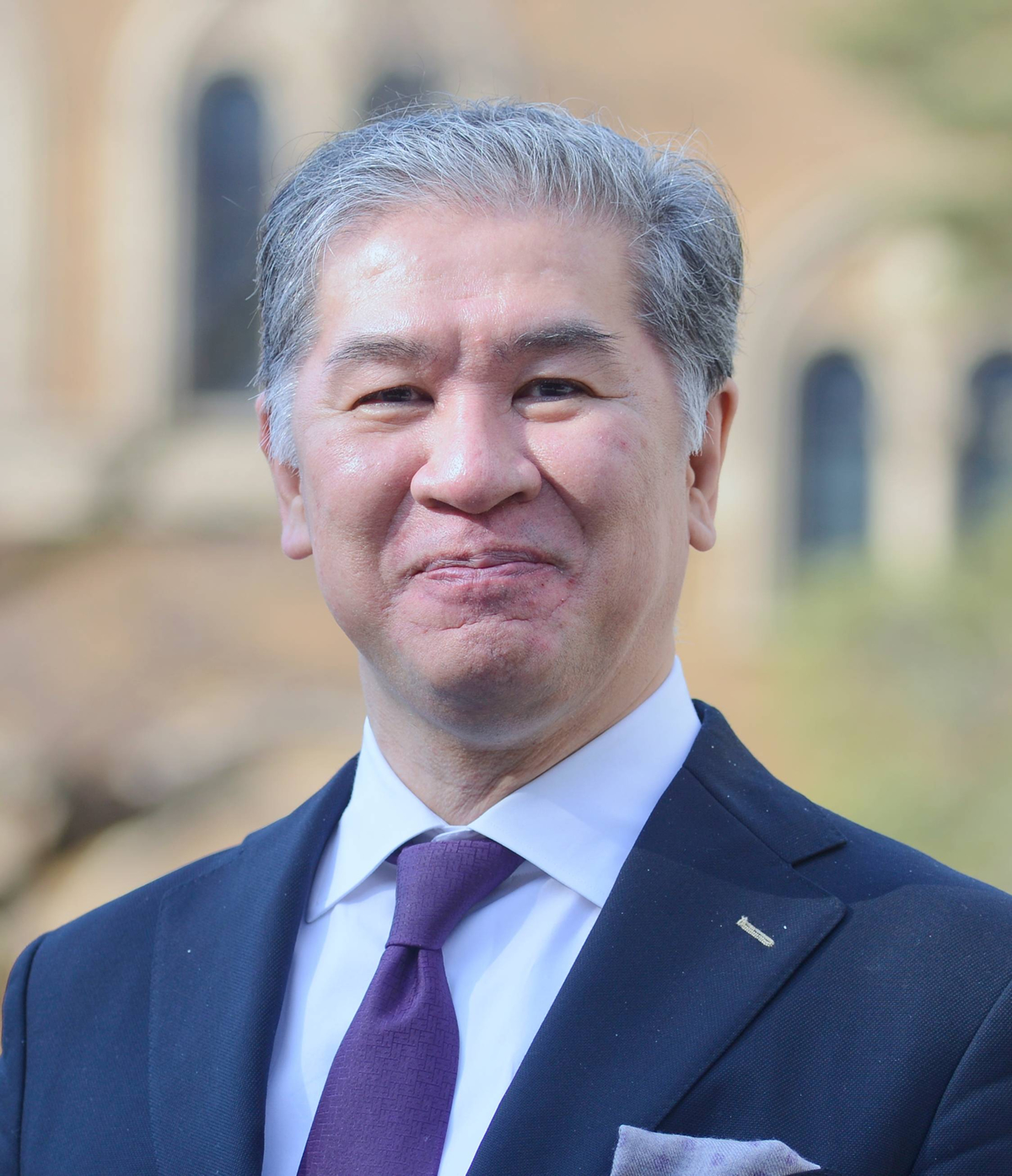

On August 1, 2024, a book titled Japan in the Age of Geopolitics: New Trends in Foreign and Security Policy, which has a chapter titled “Japan’s Arms Control and Non-Proliferation Policy” authored by Professor Nobumasa Akiyama of the Graduate School of Law, was published from the Konrad Adenauer Foundation. In this chapter, Professor Akiyama discusses the structural factors shaping Japan’s arms control and non-proliferation policy through a framework of “four pillars of nuclear policy,” three factors, and two dilemmas. At the regional level, he explains that Japan faces challenges in ensuring the credibility and responsiveness of deterrence against China and North Korea through the U.S.-Japan alliance, including extended nuclear deterrence, and regional partnerships. He also highlights the need to advance nuclear risk reduction, including dialogue on arms control with China. At the global level, the key issue is how Japan can contribute to maintaining the credibility of the international non-proliferation regime centered on the Treaty on the Non-Proliferation of Nuclear Weapons. Finally, he emphasizes that the central challenge for Japan will be how to reconcile the seemingly conflicting policies of pursuing security realism and the idealism rooted in its identity as the only nation to have suffered atomic bombings in war within its nuclear disarmament and non-proliferation policy.
https://www.kas.de/ja/web/japan/einzeltitel/-/content/japan-in-an-era-of-geopolitics-2
